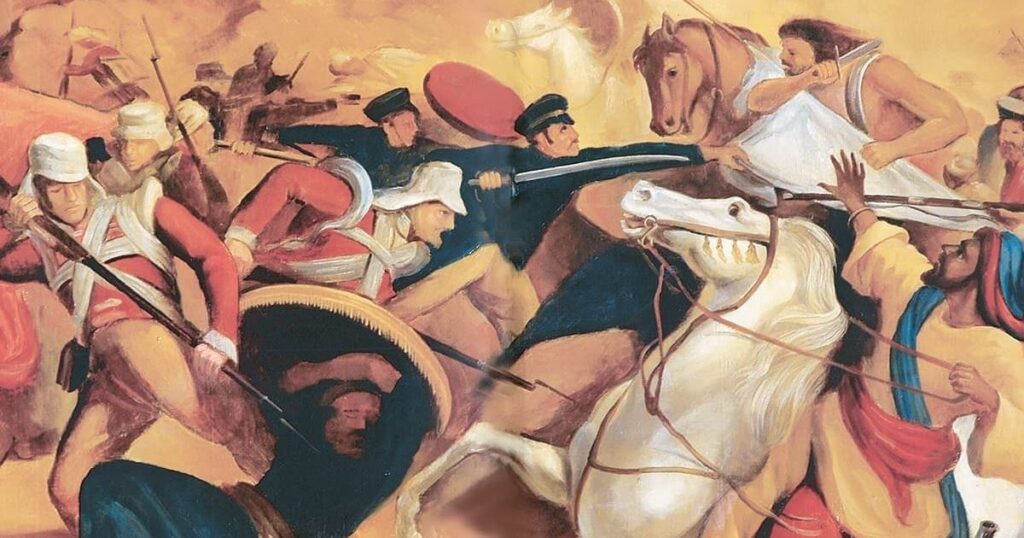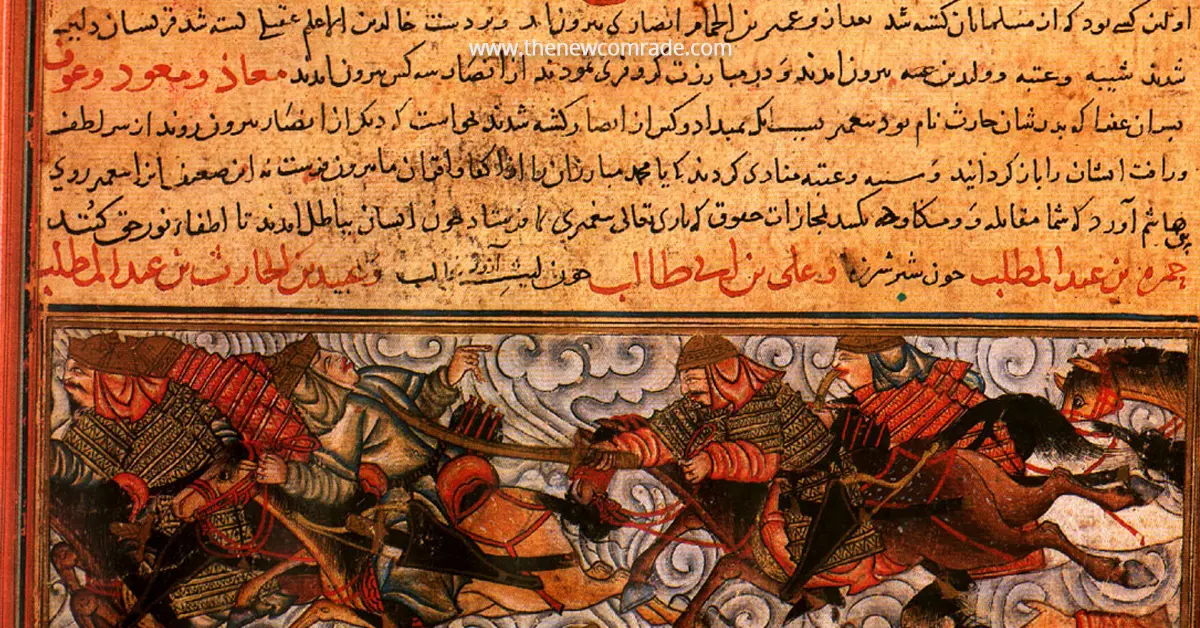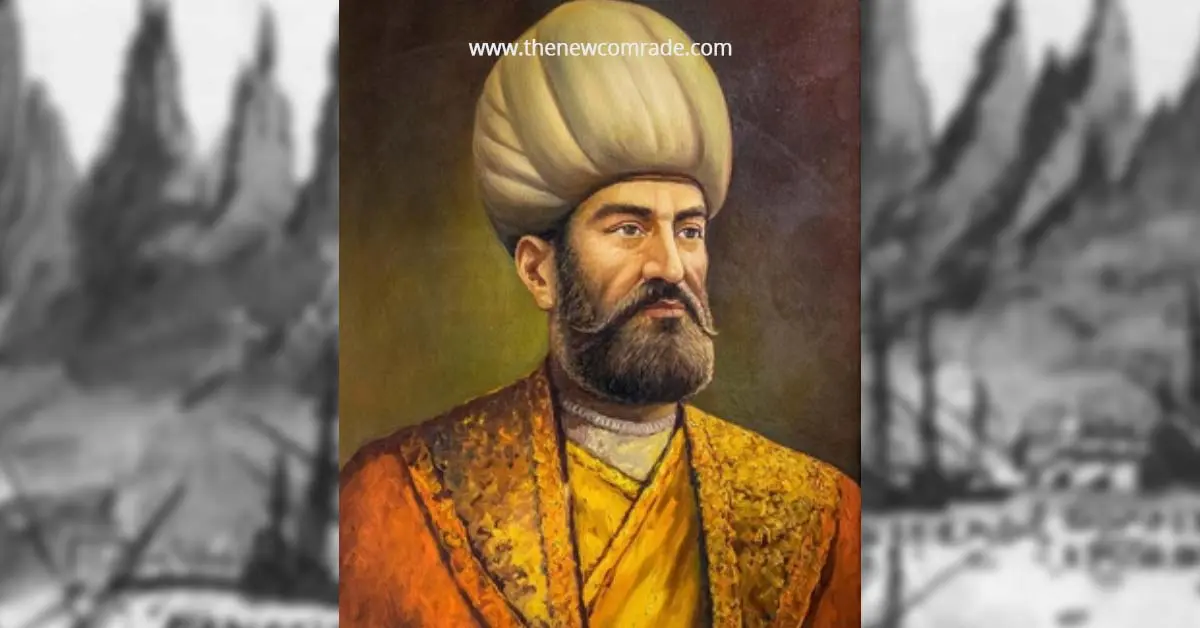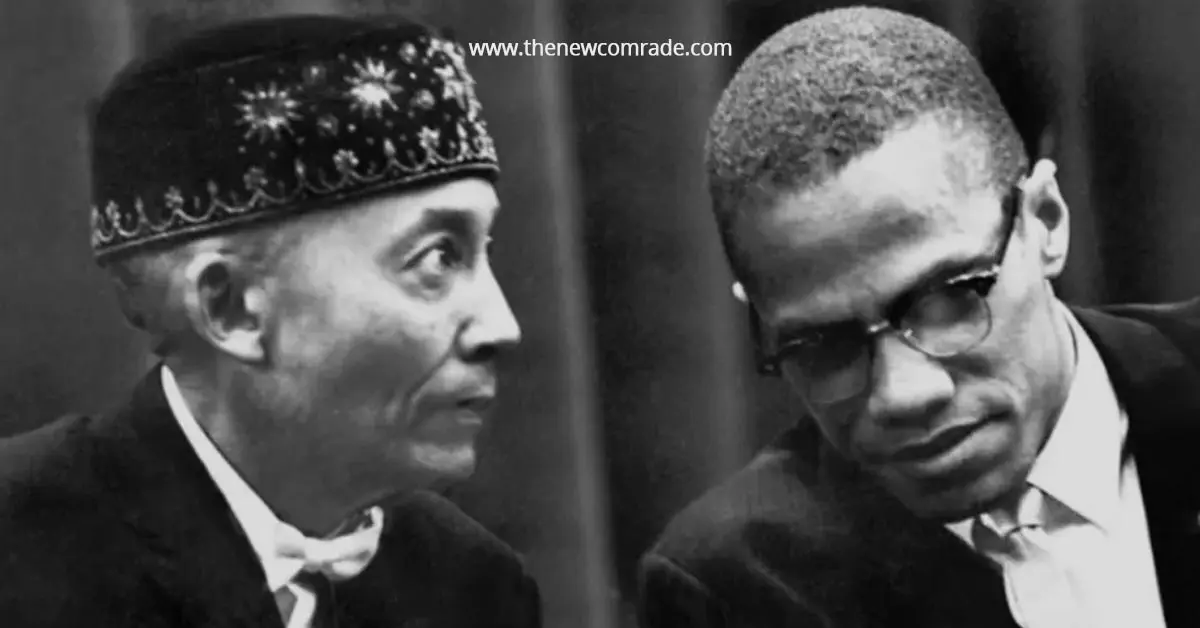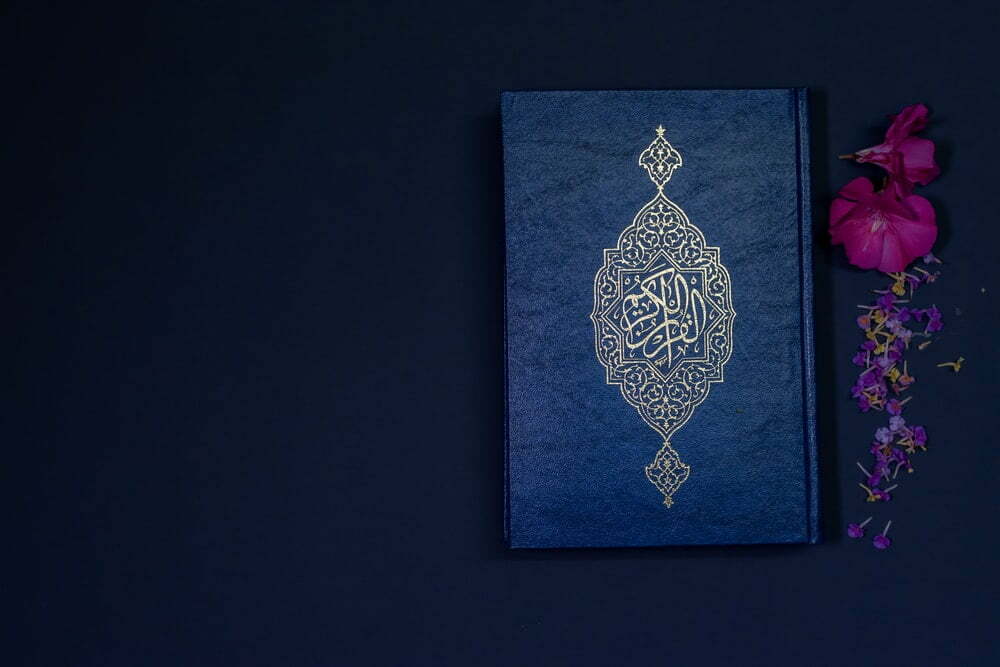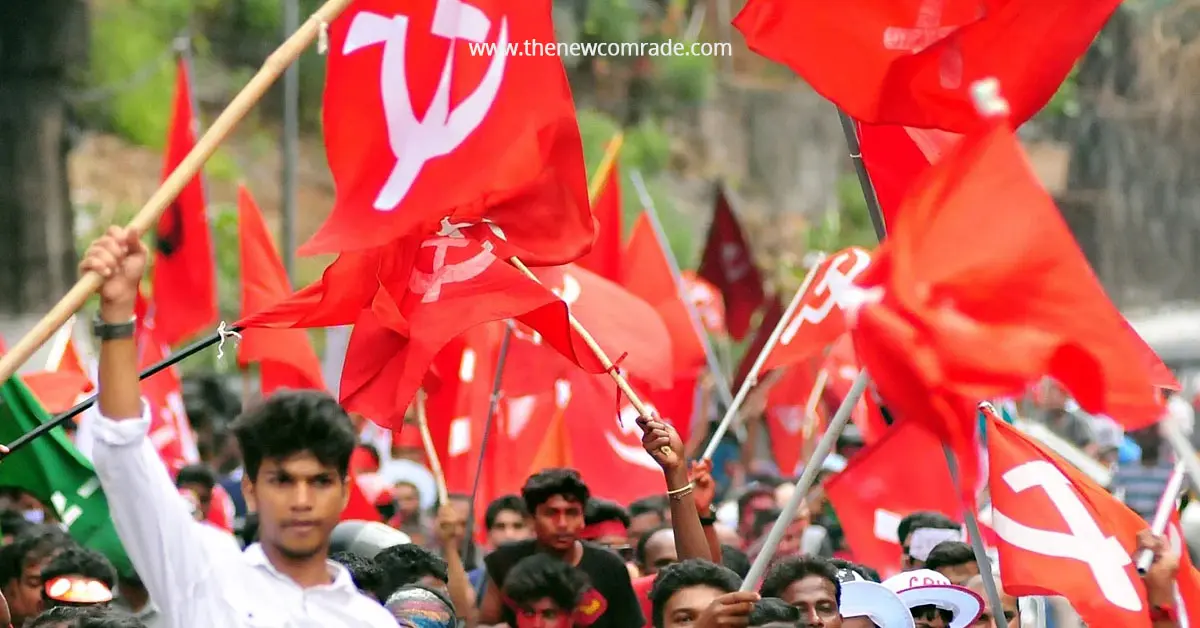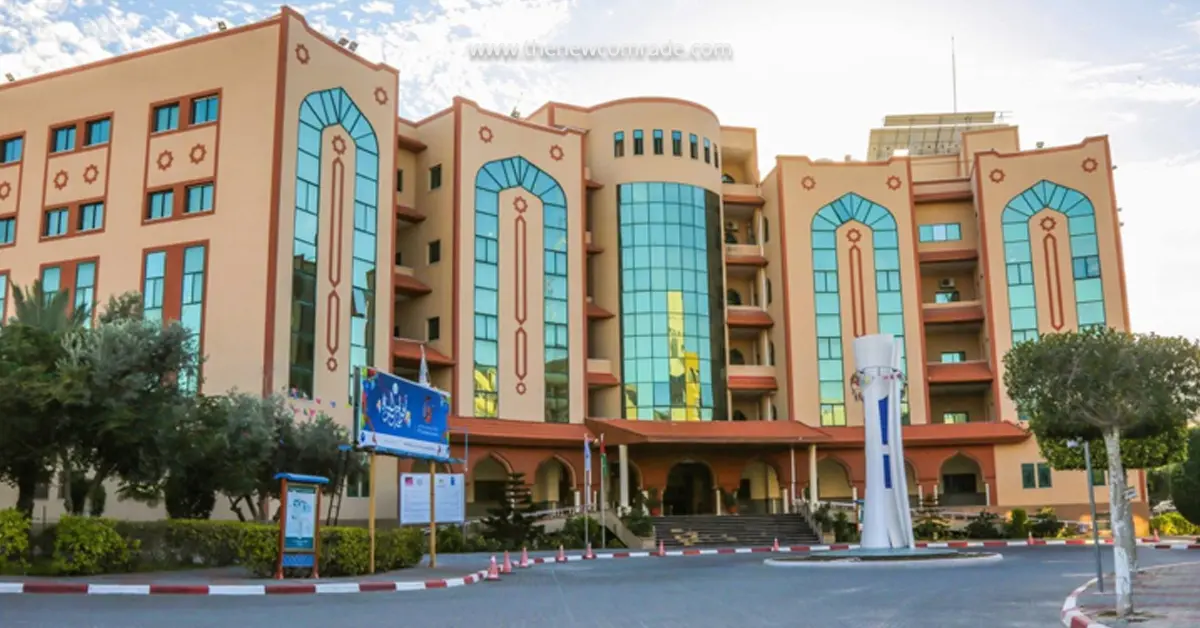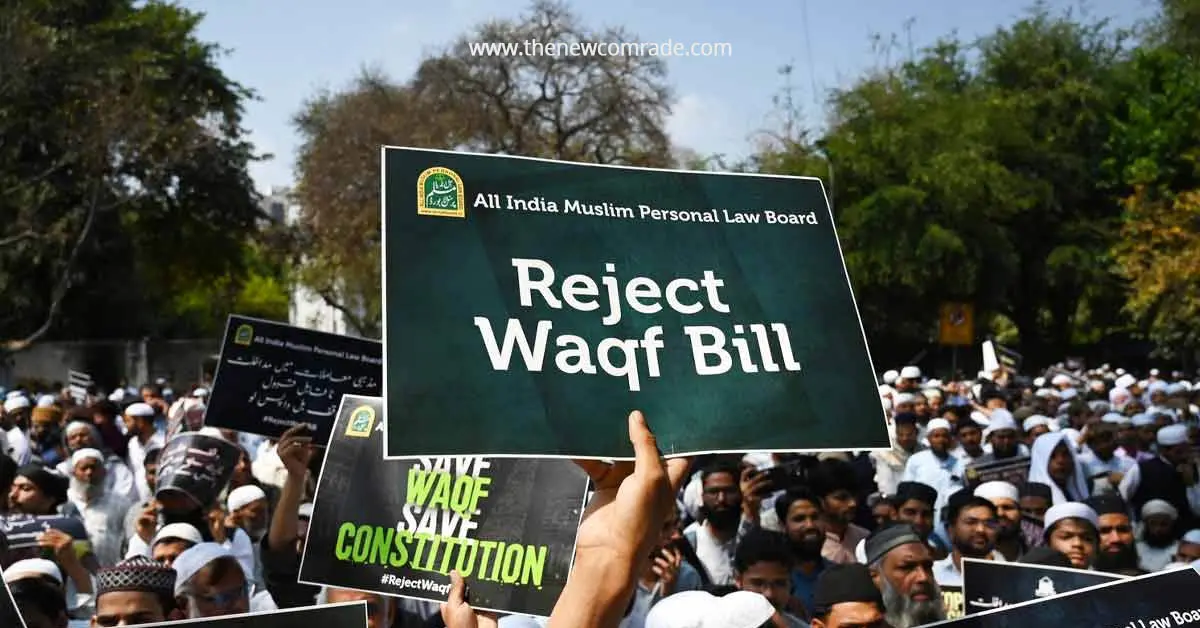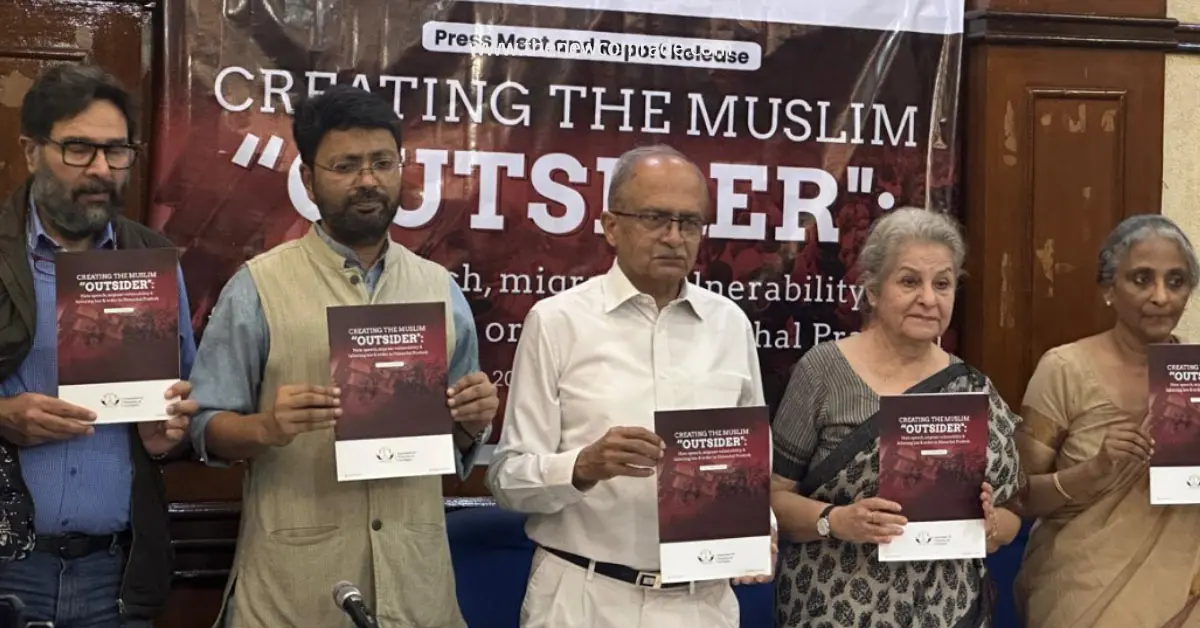Introduction
The origins of imperialism, and by extension fascism, lie in the Crusade campaigns that had existed since the Battle of Balaat ash-Shuhada (Tours/Poitiers) of Ramadan 114 AH / October 732 CE. It was a battle that was considered as the beginning of the Crusades and that of the concept of ‘Europe’ spanning the domains of Christendom was formulated, and an idea of Perennial war with the Muslim world- explicit and implicit- was developed.
I believe that this part of history might formulate the scope of some other papers to be presented in this program. As for my scope, it is shunted from the point of Napoleon Bonaparte’s military campaigns to Egypt and the Levant beginning in Muharram 1213 AH / July 1798 CE. I have chosen this point for certain reasons, which could be summarized as follows: First, this campaign marks a shift in the strategy used in the crusade campaigns before that, in that it did not take to the method of all out the extermination of local populations and replacing them with an entirely new set of settlers from Europe. Such a pattern could be prominently seen in the Crusade wars to the Levant prior to that and the Crusade invasion of Andalus, though it is not without precedents. Rather it aimed at a multi-pronged strategy combining de-Islamizing the colonized populations, creating a section of the indigenous population that could serve as clients and proxies of these Crusaders and training them with the skills required to scientifically further this objective and pitching them against the local populations and all that they stand for.
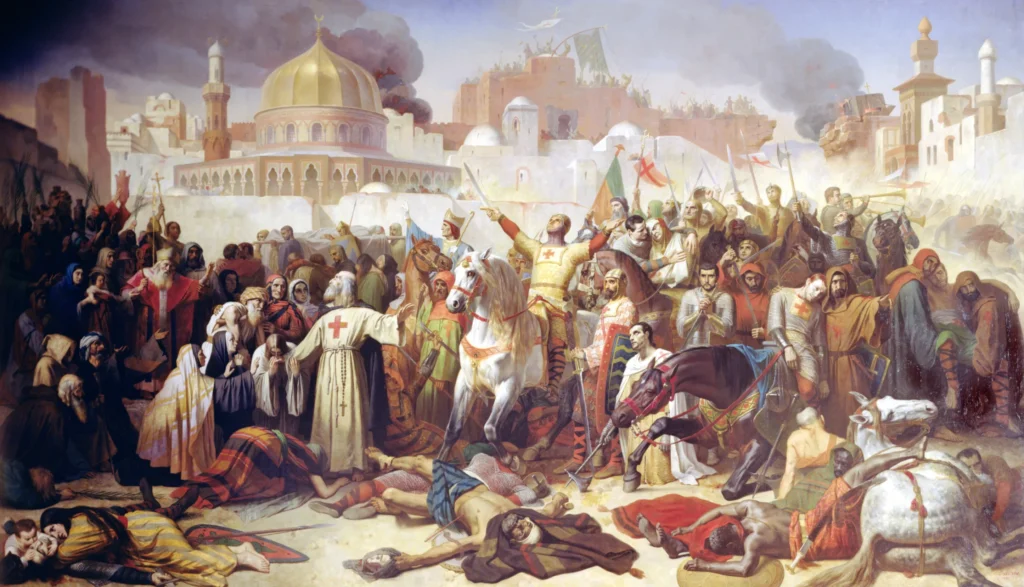
Interestingly, the English established Fort William College at Calcutta during this period for these objectives. Secondly, this period ushered in the trend of so-called national armies, which undertake explicit and implicit wars as ‘national interests’ and guise the other aspects of it. These are in addition to the feature of Industrial warfare being adopted gradually since the industrial revolution of the 11th Century AH / 17th Century CE. Though Napoleon’s campaign was short-lived, its impact was not to die. New social classes developed. The advent of Mohammed Ali Pasha as the de-facto ruler of Egypt in 1805 reinforced what Napoleon Bonaparte had brought to the place. France, & European powers at large, had become the mainstay of the affairs of the Arab world. Not long after that, Suez Canal work was given to the French entities. Britain had induced Mohammed Ali’s Arabian campaign, and the European powers’ eyes, ears and hands had been set on the sacred sanctuaries of Makkah Mukarramah, Madinah Munawwarah and Quds Sharif.
In this period, Imperialist powers had mutually divided and distributed the various Muslim lands among themselves as patrons over their destiny. While the bases of imperialism were laid by the Portuguese, prior to the period of our subject, their legacy had been handed over to England to carry over. Different parts of Asia and Africa were allocated spheres of influence for England, France, Russia, Dutch, Germany, Italy, etc. New nationalisms were created; divisions were made where they did not exist & deepened where they were superficial.
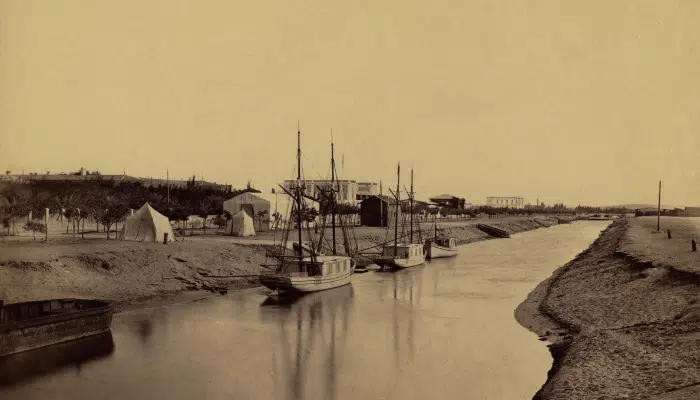
In this essay, however, I would address the subject matter on a macro level without delving into the details. This is not to be considered an exhaustive account – the Muslim community throughout the world has lots of experiences, encounters and people to mention in regard to this subject. This is simply the tip of the iceberg with arbitrarily chosen cases.
Since the program is themed on fascism, I would begin with the accounts of the resistance to Italy in the region that constitutes today’s Libya, owing to its symbolic significance.
Guerrilla warfare in Libya
England and Russia had been at war with the Ottoman Sultanate and were actively involved in dismembering them piece by piece, adopting all methods in this series throughout the 19th Century. This had considerably drained their resources & weakened their military. As part of the same, they had encouraged Italy to launch colonization onslaughts upon parts of the Ottoman dominion. In 1326 AH / 1908 CE, Italy upgraded its colonial office. It got pledges of support from England, Russia & France in its pursuits1. From that year, they began launching attacks upon the Ottoman provinces of Tripoli, Cyrenaica, Sirte, Beirut, Rhodes Island & even Qunfudah – Jazan belt (Tihamah). In Jazan, they had a collaborator called Mohammed Al Idrisi. Together with his forces, they laid siege to the Red sea ports several times. Suez Canal was controlled by France & England, & both allowed Italian forces free access through the Red Sea to these places to attack them & lay siege to Hejaz ports. Similarly, they occupied major portions of Somalia, Eritrea & later Ethiopia. Italian occupation of present-day Libya had the support of France- who had controlled present-day Morocco & Algeria & England- who, in effect, controlled Egypt during those times.
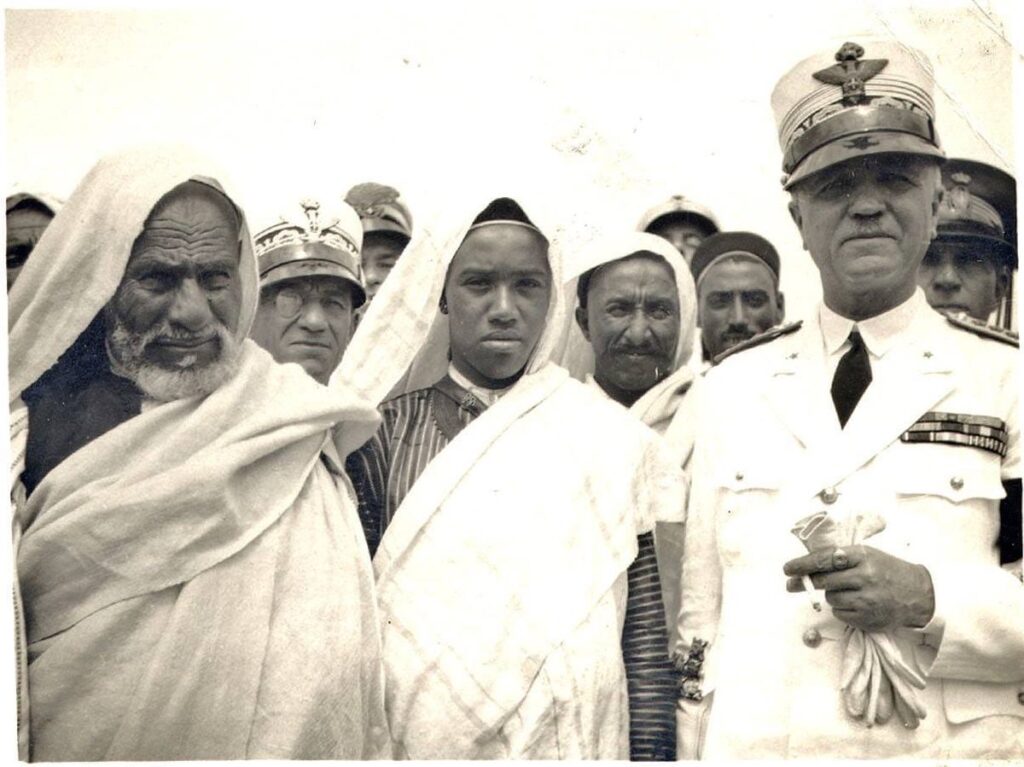
The Italian occupation began with the bombardment of Tripoli port on Shawwal 1329 AH / October 1911 CE in what is today termed the Italy-Turkish war. This war saw the first use of aero planes for spying & bombardment. Also, for the first time, Ottoman troops used down aircraft, using rifle fire2. Ottoman troops & local volunteers clubbed up together to resist the Italians. Despite several reinforcements and massacres, the Italian troops were limited to several small enclaves along the coastline. This was enabled by the successful guerrilla operations.
Italians then concentrated on naval operations against the Ottoman navy. In this, they targeted them very near to their capital – Istanbul – in the Aegean Sea. The Aegean Islands were occupied. Ottomans were forced into the Lausanne Pact in Shawwal 1330 AH / October 1912 CE. By this, Ottoman troops fighting in Libya withdrew from Libya & the resistance fighters were left to tend on their own. Several leading figures of the future, like Ismail Enver Pasha, Mustafa Kemal Pasha, Ahmed al-Sharif, future Iraqi Prime Ministers Ja’far Pasha, Nuri alSa’id, etc., were all actively involved in this war. After the Ottoman defeat, volunteers, under Omar al-Mukhtar, continued their fight for another twenty years. In addition, Ahmed al-Sharif led reinforcements to attack British troops in Egypt until being defeated at the end of World War –I. Mohammed Asad mentions Ahmed al-Sharif’s last days in Madinah Munawwarah in his “Road to Makkah”.
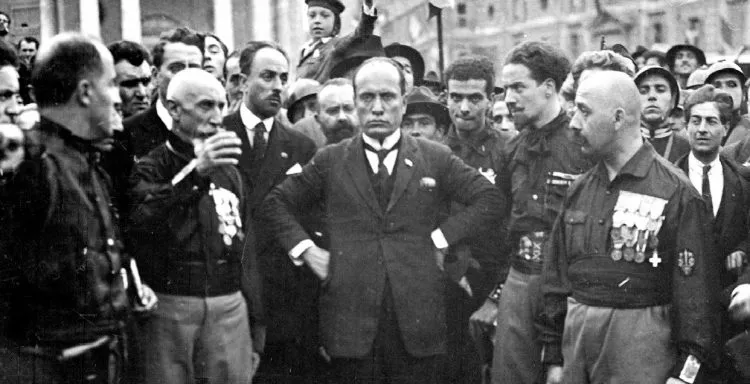
The resistance that withstood for long was defeated by Italy, and Britain fenced their dominion borders and cut off its supply routes. Before fighting the Italians, Ahmed al-Sharif had fought the French occupation of Niger and Chad. Visits of Dr Balakrishna Shivaram Moonje and Rabindranath Tagore to Benito Mussolini are to be remembered at this juncture. That Moonje was the founder of the Bhonsala Military Academy in 1937 CE in British India and that it continues to provide recruits to the Indian Army is to be noted. So is it that Tagore’s poem welcoming King George of England was made the national anthem in post-1947 India. Also worth noting is that Ahmed al-Sharif had appealed to fight the British in World War- I and was sent for publication in the Muslim press of South Asia. Also, Mussolini was a soldier deployed on the Libyan warfront in the initial days of invasion & used to be classified as a ‘socialist’. The Italian campaign was extensively intertwined with Church, faith & faith symbolisms. It is considered a watershed moment in strengthening Church’s relations with the Italian state & bringing fascism to power and mafias to the mainstream there3. It was quite tragic that the people there were later made to fight one another in World War II by Italy and England. A client regime was installed after World War- II by the Anglo-American axis, and Libya was then made to house Wheelus Airbase in Tripoli, which was the largest external military facility of the US at its time. That regime later gave way to a military dictatorship that persisted for over four decades. A popular revolution that broke out in 2011 is also being crushed by the various clients of imperialists, like Khalifah Haftar, brought in from Pennsylvania and Fayez Sarraj – a figure of the old guard.
To be continued…
